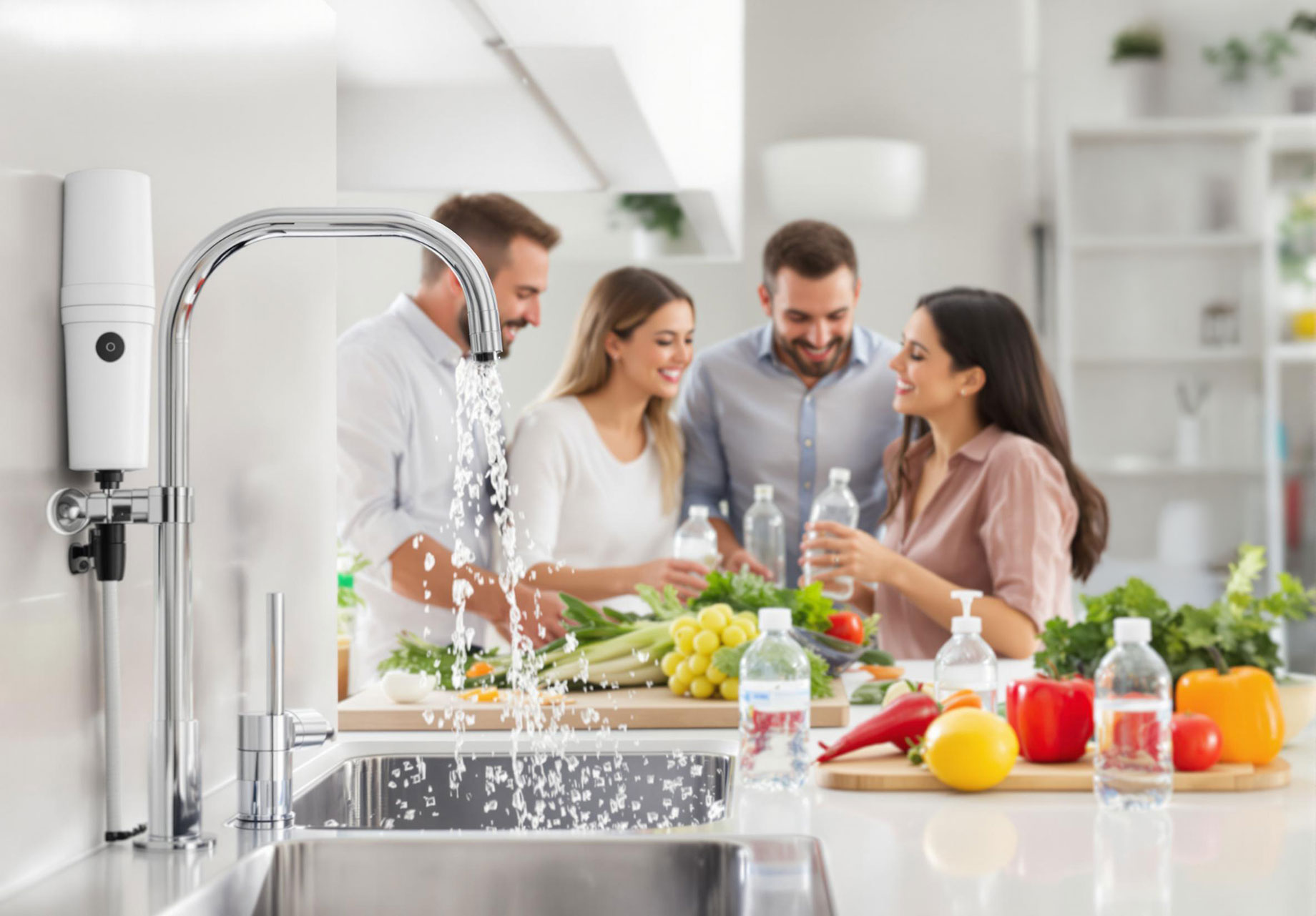
Many people rely on bottled water or small sink filters to improve water quality, but those solutions only go so far. A whole-house filtration system, on the other hand, treats every drop of water entering your home. That means better water from every faucet, showerhead, and hose bib, without the hassle of replacing filters or lugging jugs from the store. The Hot Water Heater Pros offer whole-home water filtration systems to help families enjoy cleaner, safer water straight from the tap.
Whether you’re concerned about taste, odor, hard minerals, or harmful contaminants, a properly installed filtration system can make a noticeable difference in your daily routine. It’s not just about drinking water—filtration affects your showers, laundry, and even the lifespan of your plumbing and appliances: https://www.thehotwaterheaterpros.com/water-filtration-systems/.
What Water Filtration Actually Fixes
Home water quality issues can range from mild to serious. Some problems, like cloudy water or bad taste, are easy to spot. Others—like lead, chlorine byproducts, or bacterial contamination—might not be visible at all. That’s why many families install filtration systems even when their water looks “normal.” Clean water isn’t just about appearance; it’s about safety and long-term health.
A professionally installed filtration system can help reduce or eliminate:
- Sediment and Dirt. Removes sand, rust, and particles that make water cloudy or damage pipes.
- Chlorine and Chloramines. Reduces chemical smells and taste, often added during municipal treatment.
- Hard Water Minerals. Helps soften water by filtering calcium and magnesium, preventing buildup in plumbing.
- Heavy Metals. Filters out contaminants like lead, mercury, and arsenic that may be present in older pipes or wells.
- Pesticides and Herbicides. Protects your family from agricultural runoff in rural areas.
- Bacteria and Microorganisms. Some systems include UV or advanced filters to neutralize harmful pathogens.
- Bad Taste and Odor. Improves overall water quality for drinking, cooking, and bathing.
Every home’s water needs are different. A proper filtration system is customized based on the source of your water—whether it’s city water or a private well—and the specific issues you’re trying to solve.
How Installation Works and What to Expect
Getting a water filtration system installed isn’t as complicated as many think. The process starts with a home assessment and a water test. This helps the technician identify what’s in your water and recommend the right type of system. There are various options, from carbon-based filters and reverse osmosis setups to combination systems that address multiple concerns.
After choosing the right unit, installation is usually completed in one day. The system is typically installed near where water enters the home, so it can treat all the water before it flows through your pipes. The technician will also make sure everything meets local plumbing codes and explain how to maintain your new system.
Once installed, the difference is noticeable almost immediately. Water tastes better, skin feels less dry after showers, and scale buildup on fixtures often starts to disappear. For households that previously relied on bottled water, switching to a filtration system often leads to significant savings and less plastic waste.
Some systems require filter changes every few months, while others last for years with minimal upkeep. A good provider will explain the maintenance schedule and may offer ongoing service or reminders so you never fall behind.
In the long run, investing in water filtration is about more than convenience. It’s a smart way to protect your health, improve your comfort, and extend the life of your plumbing—all with one system that runs quietly in the background.